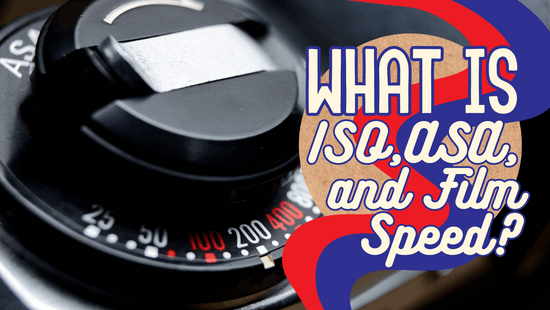Photography terminology is super confusing. I'll admit, even I don't know all of the terms used by the industry. In this article, we're talking about lens speed, and what it means when people are talking about fast lenses.

What does lens speed mean?
Here we go, more camera terminology.
You may have heard people talking about lens speed, but what does this mean?
Lens speed refers to the maximum aperture diameter of a lens, which means the largest hole the aperture blades can make.
Already confused? Have a read of our other article about aperture.
What is a fast lens?
Okay, so now you know that lens speed means the maximum aperture of the lens, we can now talk about what a fast lens is.
People often refer to lenses as fast when they have a wide aperture, i.e. f/1.4 or f/1.2.

It is referred to as "fast" because a lens with a wide aperture can produce the same exposure, as a lens with a narrower aperture, with a faster shutter speed.
For example, a lens with a maximum aperture of f/2.8 may need a shutter speed of 1/125 to correctly expose your photograph, whereas a lens with a maximum aperture of f/1.4 may need a shutter speed of 1/500 to correctly expose the same image.


Images from using a Canon 50mm f/1.4 lens
Are fast lenses expensive?
Fast lenses generally are more expensive than slower lenses as they have higher quality glass, and elements. They are also more precisely manufactured and sometimes have special coatings.
Here are some of the fast lenses we have available.
What is the fastest lens? What is a dream lens?
The fastest lenses produced have a maximum aperture of f/0.95. These lenses are considered ultra-fast, and are also ultra expensive. It is currently the largest aperture possible, due to shutter clearances, and the restrictions of camera systems.
These lenses are often referred to as dream lenses. I'm pretty sure this is because most photographers can only dream of owning one of these lenses.
Browse all our lenses here.
Find out more about film photography.
If you like what we do, but can't buy a camera from us, please consider buying us a cup of coffee! It helps us to keep these resources free, consistent, and accessible.





